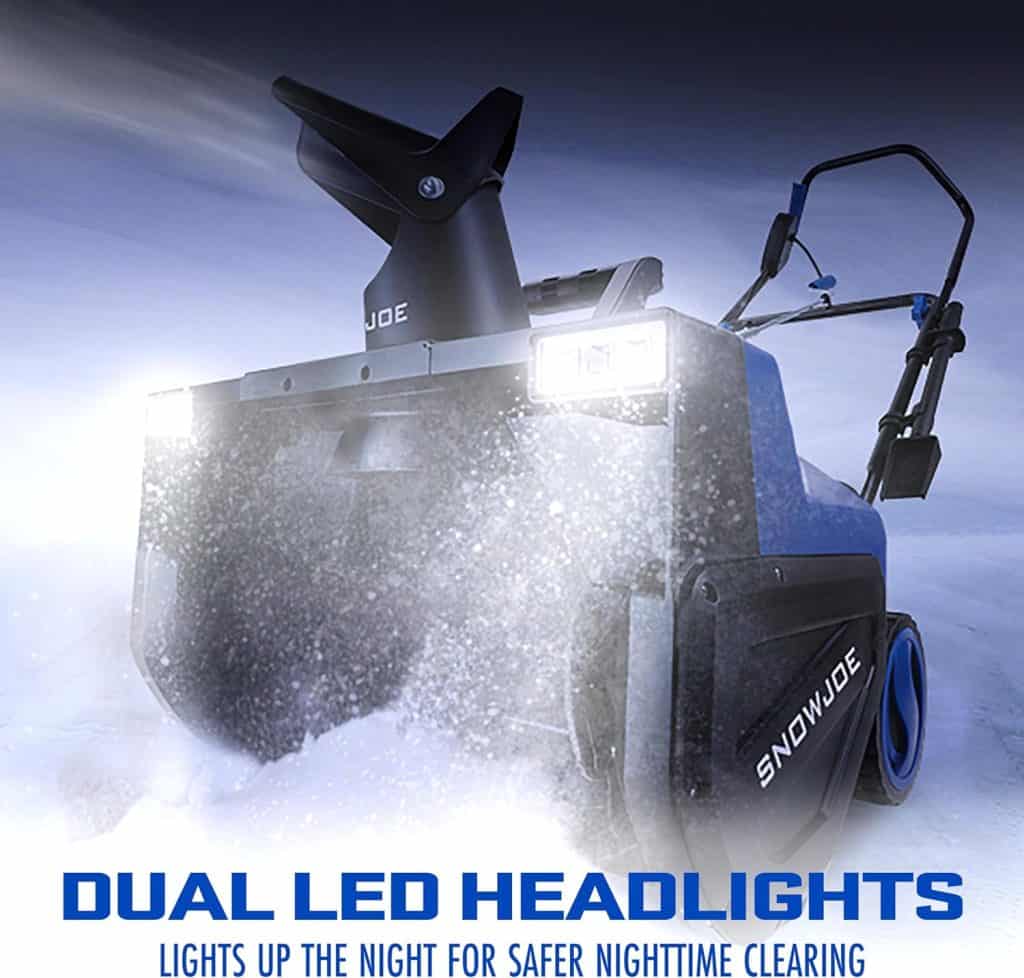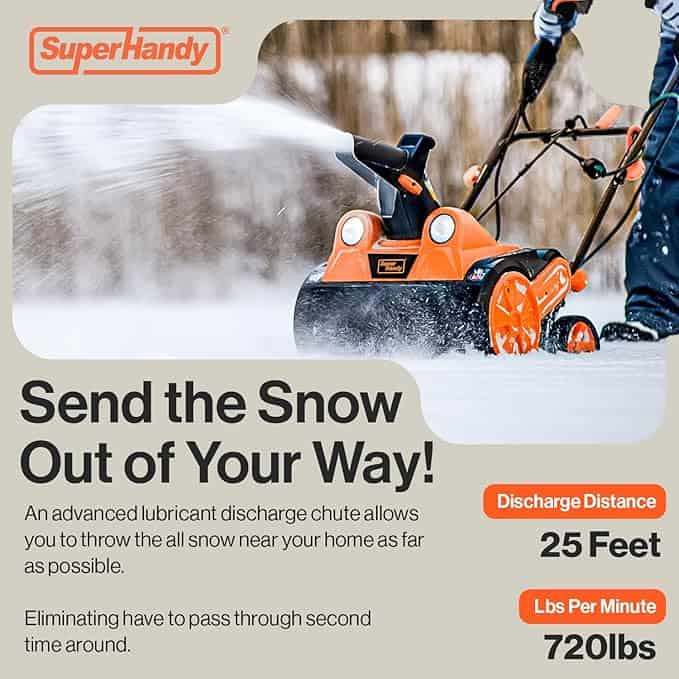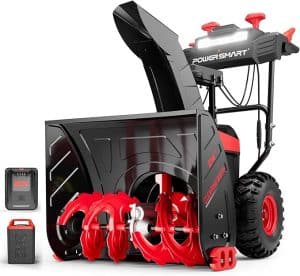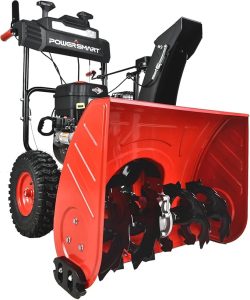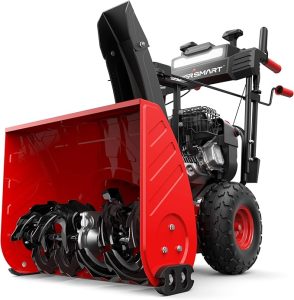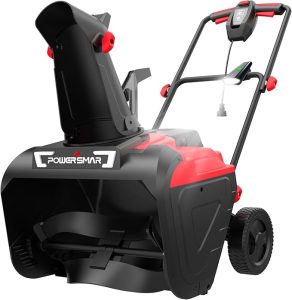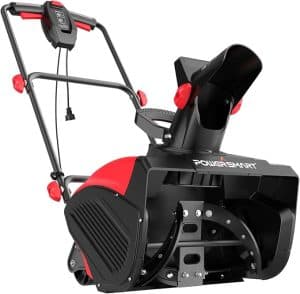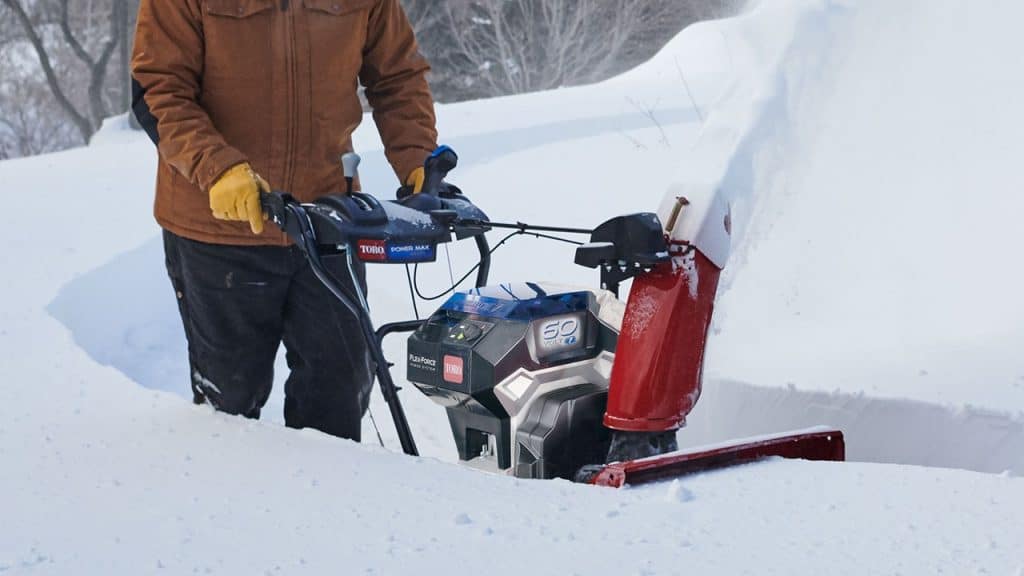
As winter approaches, it’s crucial to ensure your snow blower is in top condition. Proper maintenance not only extends the life of your machine but also ensures it performs efficiently when you need it most. Here are ten essential snow blower maintenance tips every homeowner should know.
1. Clean Your Snow Blower After Each Use
One of the most important snow blower maintenance tips is to clean your machine after every use. Remove any snow, ice, or debris from the auger, chute, and other moving parts. This prevents rust and ensures smooth operation for the next snowfall.
2. Check and Change the Oil Regularly
Just like any engine, your snow blower needs regular oil changes. Check the oil level before each use and change it according to the manufacturer’s recommendations. This simple step can significantly improve your snow blower’s performance and longevity.
3. Inspect and Replace the Spark Plug
A faulty spark plug can cause starting issues. Inspect it annually and replace it if necessary. This snow blower maintenance tip can save you from frustration on cold winter mornings.
4. Maintain Proper Tire Pressure
For wheeled snow blowers, maintaining proper tire pressure is crucial. Check the pressure regularly and inflate as needed. This ensures better traction and easier maneuverability.
5. Lubricate Moving Parts
Keeping your snow blower’s moving parts well-lubricated is an often overlooked maintenance tip. Apply lubricant to the auger shaft, chute, and other moving components to prevent rust and ensure smooth operation.
6. Check and Adjust the Belts
Inspect the belts for wear and tear. Adjust them if they’re loose, or replace them if they’re frayed or cracked. Proper belt tension is crucial for optimal snow blower performance.
7. Sharpen or Replace the Auger Blades
Dull auger blades can significantly reduce your snow blower’s efficiency. Sharpen or replace them as needed to maintain peak performance.
8. Store Your Snow Blower Properly
Proper storage is a key snow blower maintenance tip. Store your machine in a dry, covered area to protect it from the elements. Consider using a cover for added protection.
9. Use Fresh Fuel and Add Stabilizer
Always use fresh fuel in your snow blower. At the end of the season, add a fuel stabilizer to prevent the gas from breaking down and causing engine issues.
10. Schedule Professional Maintenance
While many snow blower maintenance tasks can be done at home, it’s wise to schedule professional maintenance annually. A technician can spot potential issues and ensure your machine is ready for the winter season.
By following these snow blower maintenance tips, you can ensure your machine runs smoothly and efficiently throughout the winter. Regular maintenance not only prolongs the life of your snow blower but also saves you time and frustration when the snow starts to fall.


